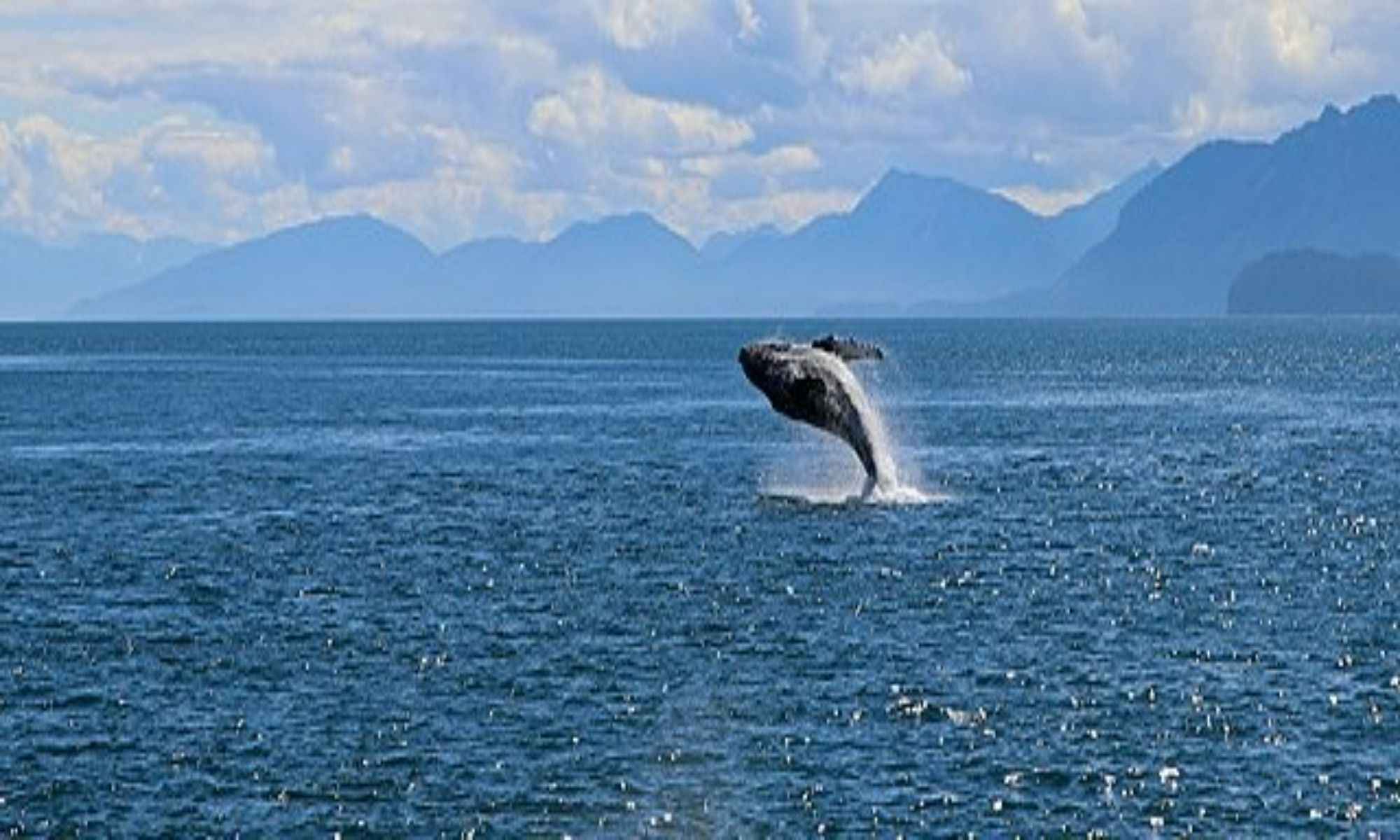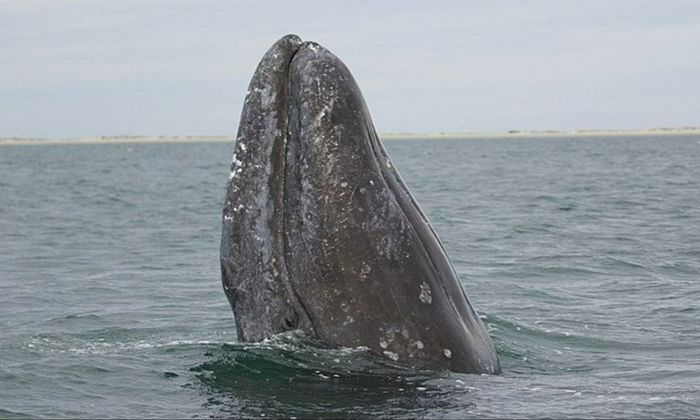How Whales Protect Themselves From Cancer
Whales can protect themselves from cancer and here's how they do it.

We have been marveling at whales for their tremendous sizes, longevity, and beautiful songs — but now, because of ongoing studies and research, we have another thing to admire about our fellow mammals.

It is known that the risk of cancer increases as a person ages and gains weight. But whales, the world’s largest and long-lived mammals, are not affected by this correlation and are some of the animals least likely to get cancer. Whales have more tumor suppressor genes than other mammals. The same is true for large animals like the elephant and the now-extinct dinosaurs. Because of the potential help it could bring us, researchers aim to find why and how our giant friends evade the mysterious disease.
Let’s find out more about why these findings are important to us humans and how they can further our progress in cancer research.

Why Whales Aren’t Affected By Cancer
Cancer is usually caused by a defective cell. Normally, if a being is larger, that means you have more cells, and if you have more cells and age (go through ongoing cell division), the risk of one of those cells becoming cancerous increases. So why do whales have lower rates of cancer compared to other mammals? This is because of a phenomenon called Peto’s Paradox. The term was formulated in 1977 by English epidemiologist Richard Peto, who discovered that humans and mice had a similar cancer rate even though we have 1000 times more cells and live 30 times longer than mice. We can get more technical about what it means, but in the simplest of explanations, it means that whales (including other cetaceans and elephants) just evolved better cancer protection mechanisms.
Researchers analyzed the genomic makeup of individual species such as humpback whale, blue whale, bowhead whale, sperm whale, baleen whale, and other cetaceans living in saltwater. They discovered that specific parts of their genome had evolved at a faster rate compared to other mammals. They had genes that controlled the cell cycle, cell proliferation, and DNA repair within their cells. This essentially means that a whale genome can effectively maintain healthy cells.
The marine mammal also has rapidly evolving genes that suppress tumors — which can also be found in humans. Tumor suppressor genes (TSGs) are considered among the most significant anti-cancer responses in the body. Whales are better than us at preventing and fighting cancer because their turnover rate for these tumor-suppressing genes is 2.4 times faster when compared to all other mammals. This high turnover rate is associated with gene duplications. Whales’ fast turnover rate, positive gene selection, and gene duplications could be why our giant friends have additional protection against molecular damage that can trigger cancer.
Despite these notable findings, whales can still get cancer. A thorough study from 1839 to 1999 discovered that the cancer rate among beluga whales in the St Lawrence River was 27%, making it the highest rate among wild animals. But because they’re not as massive as a blue whale, it may be that they have not developed mechanisms to protect their genes.
How It Can Help Humans
Why is it important to know how other animals prevent and fight cancer? And how can it affect and help humans? According to the findings of these studies, many species in the natural world have evolved on their own to ward off the dreadful disease. Understanding how the marine mammal protects itself against cancer can help us progress against it, which has killed millions of people each year. It could mean that researchers in the future may be able to come up with preventative strategies and anti-cancer therapies that will be effective for human cancer.
Because cancer is a disease related to body size and age, searching for and analyzing whale-specific changes in genes related to protein-coding (also linked to human cancers) can help us find potential human cancer medications and therapies. We can take inspiration from their genetic makeup to find ways to develop possible remedies.

How whales protect themselves from cancer proves that nature is showing us that the changes to cancer genes are compatible with life. We have the pinpoint which changes prevent cancer and how we can translate those findings into warding off cancer in humans. We could also investigate further to understand novel pathways that act to improve the cellular mechanisms that protect against DNA damage, aging, and cancer.
Surprisingly, species such as whales and elephants have evolved to resist cancer. And we also know that dinosaurs suffered from it as well. This implies that the disease has been a selective pressure for millions of years and has always existed. Hopefully, knowing what we know now can give people a new perspective on cancer. We also have nature to thank because it’s helping inform us more about potential and better cancer therapies.




